
It's been nearly two months since die-hard MCU fans had their last taste of Loki. Sure they can get their fill with Disney+ and Marvel's latest offering, What If...? but there was something special about waiting for week-to-week for the God of Mischief's next installment to see where the proverbial White Rabbit would take him. While expanding on the MCU internal mythology, Loki also touched on classic sci-fi tropes that appeased even the most intermittent fan.
Loki's meditation on time travel, predetermination of life, expanding technology, and all-around futuristic worlds are cornerstones of any good sci-fi show. While Loki fans will have to wait an undetermined amount of time for season 2, they will be able to wet their sci-fi appetite by cracking open a different streamer and binging other shows that helped pave the way for Loki and all of its sci-fi variants.
10 Quantum Leap Tackles Time Travel
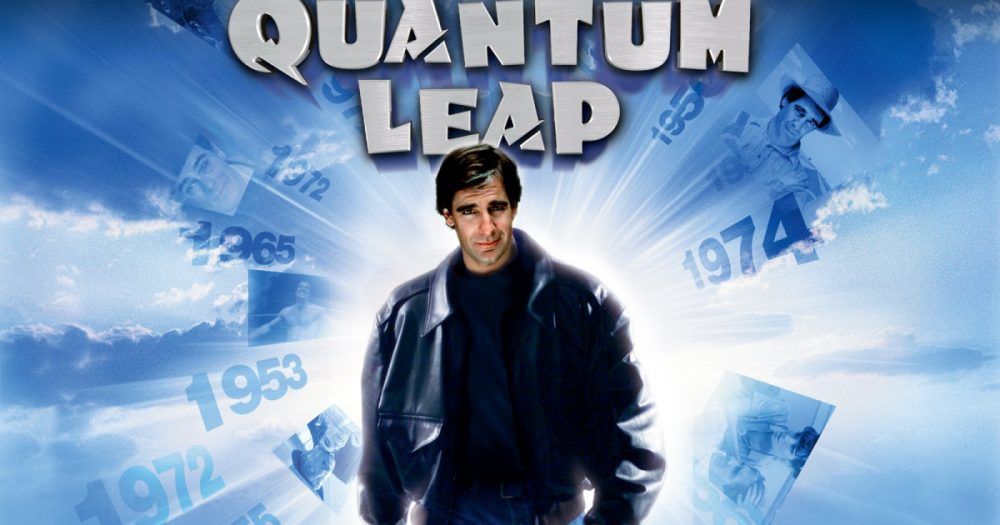
This late '80s early '90s series followed Dr. Sam Beckett (Scott Bakula) as he discovered how to time travel within his own timeline. However, it became increasingly clear that he was not the one controlling where he was leaping to after he put right what once went wrong. Along on his journey was his guide and friend, Al (Dean Stockwell), a cigar-smoking, womanizing partner who helped feed Sam the right information to know what he needed to accomplish in order to leap. With each leap, as the opening credits would say, Sam was hoping it would be the leap home.
This show is dripping in beautiful sci-fi tropes, from Evil Leapers to body-swapping, to eventually talking with God himself. Even with its basic leaping effects, the stories were solid and led by solid acting. What really grounds the show are the characters. Much like Loki, Quantum Leap shows complex characters having to wrestle with morality, the meaning of life, and what it is to be human.
9 Lost In Space Feels Like A Series Set On Lamentis
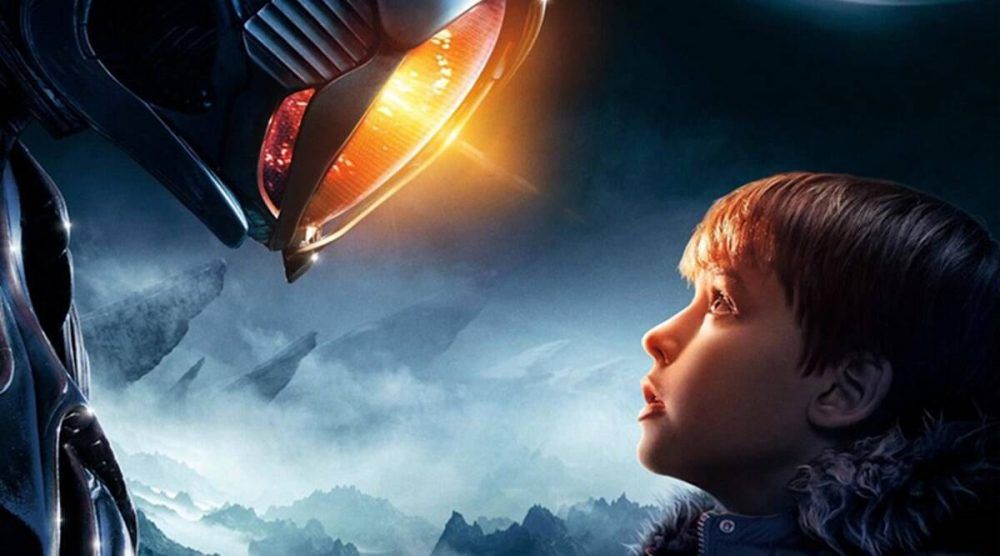
This re-imagining of the 1960's classic was hot out the gate for Netflix, as it took the previously campy, colorful story and gave it a gritty overlay. The Robinson family, this time around, are now stranded on one planet, with other colonists after their larger ship the Resolute is attacked by an alien robot.
Lost In Space feels like an entire series set in the void at the end of time in Loki. The mystery abounds and a colorful cast of characters determines if they want to trust one another - all with the ultimate goal of trying to get home or make their current location the spot they will plant their roots. It's an engaging update with great action set-pieces and thoughtful character development. This is sure to satisfy any Loki fan's sci-fi itch.
8 Fringe Takes On Parallel Universes and Much More...
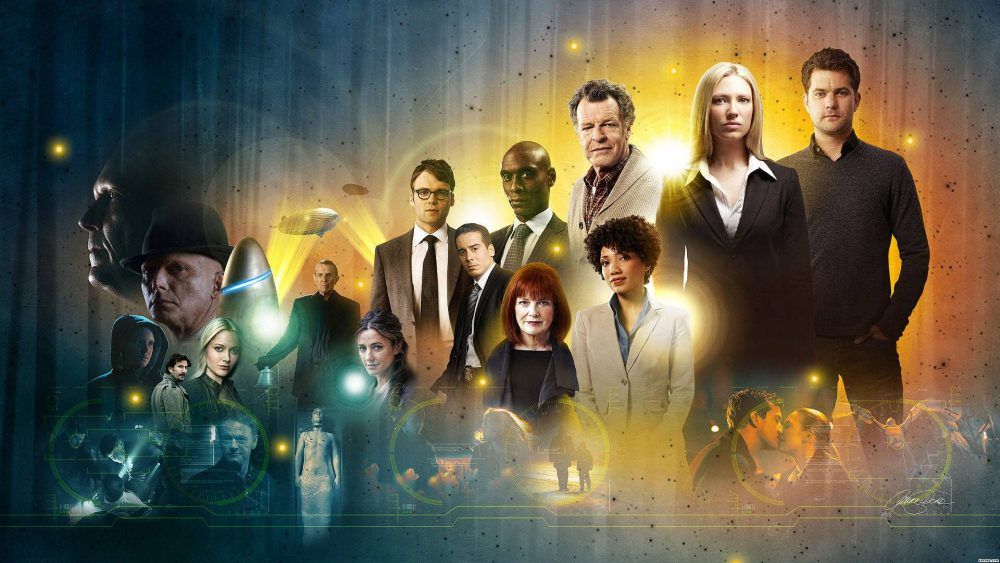
Fringe was the X-Files for the millennial generation. With its weird and fascinating creature of the week/procedural format, all tied together with a thick bow of mythology and parallel universes. It follows the exploits of Olivia Dunham (Anna Torv) and Peter Bishop (Joshua Jackson) as they work with Peter's estranged father, Walter (the legendary John Nobel) to find the source of strange events that happening all over the country.
This show had everything: time travel, mind-melding, melting bodies, people frozen in Amber, and parallel universes. Each week would deepen the mystery, while simultaneously satisfying every sci-fi lover's heart, as it took real science experiments from the '50s and '60s, giving them the good ol' Hollywood sheen and giving the audience something new and shiny.
7 Manifest Piles on the Mythology and Mystery

Produced by Robert Zemeckis, Manifest deals with flight 828 as it takes off from Jamaica and lands in New York...five years after its take-off date. The passengers haven't aged a day, as the trip for them only lasted the duration of the flight. As the passengers return to their normal life and reconnect to relationships that were thought to be lost, they must also battle the voices in their heads that are leading them to do good deeds...or are they?
At the onset, this felt like another attempt to capture lightning in a bottle after the success of LOST, but rest assured as it's only related to LOST by an airplane being the catalyst for the action. What drives the show is the deepening mystery of what happened to the passengers of flight 828 and if they should be trusting the voices within their heads. For the sci-fi fans out there, this one is worth the binge. Thankfully, after being canceled at NBC and after an intense fan campaign, Manifest will be able to finish out its story on Netflix.
6 Doctor Who Mirrors Sylvie and Loki's Companionship
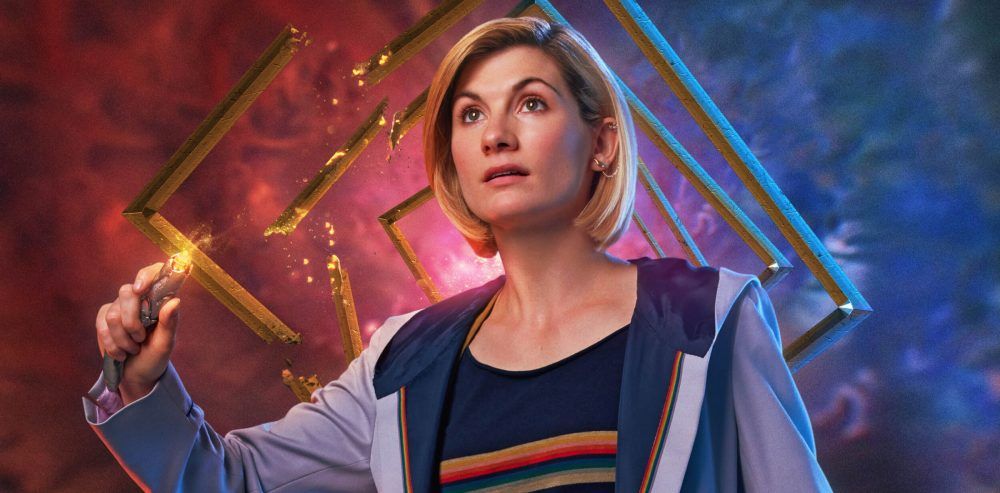
The long-time British series is still going strong and showing no signs of slowing down. For those not in the know, Doctor Who follows The Doctor and his/her companion as they travel through time and interact with historical figures or with the evil robotic aliens, the Dalek's.
This show ticks all the boxes of sci-fi and then some. What it has going for it, is that even if you are jumping in mid-way through, you can pretty much catch up with the rest of the audience as each new iteration of the Doctor changes the story, the character, and how he/she interacts with the world. With a whopping 862 episodes, there is plenty of content to enjoy and catch up on.
5 Sense8 Helps Usher In Representation to Sci-Fi Main-Stream
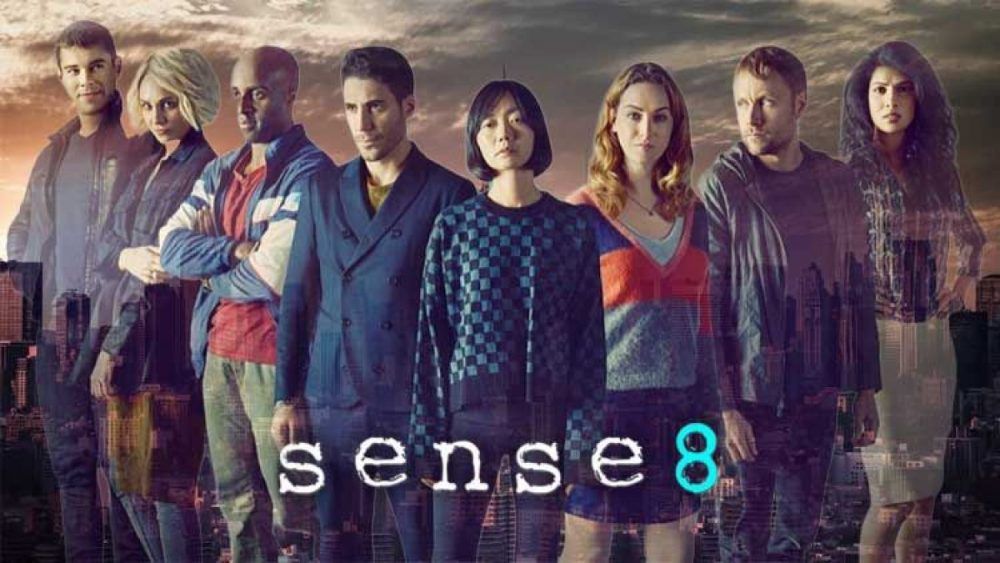
Loki finally confirmed the character's sexuality and this was a huge deal, as it finally started to show the representation of other sexual orientations that are out there within the world. However, long before Loki was battling the TVA, there was Sense8. This two-season Netflix original was created by the Wachowski sisters (the creators of The Matrix) as it followed a group of people who are linked psychically. They must figure out why this is happening before the government agencies find them and capture them.
While there are some that say racial and cultural diversity should be called into question. There is no denying that a sci-fi-based show explores themes of identity and including main characters who are gay and at the forefront of the action. Even in 2015, having queer representation in a mainstream sci-fi show was long overdue and notable. It's wonderful to know that despite its cancellation after season 2, the concept of proper representation is still happening (i.e. Loki, Wynonna Earp, Legends of Tomorrow, The Umbrella Academy).
4 LOST Hides Its True Intentions
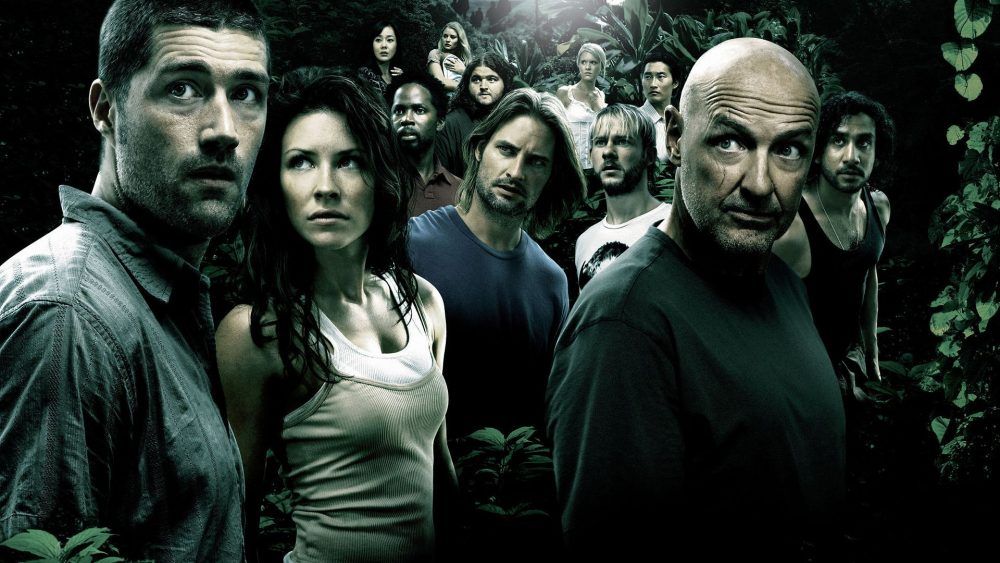
Sci-fi used to be a taboo word to say on prime time television. Sci-fi was reserved for its own channel and shows that were blatantly so (i.e., Stargate SG-1, Battlestar Galactica). When LOST exploded onto the scene in 2004, it was pitched and presented as a show about a plane crash on a remote island. Creators, Damon Lindelof, and JJ Abrams pulled out their mystery box and began posing questions, deepening the mystery, so that by the time the show went full sci-fi midway season 3 and beyond, the audience was hooked and was looking for answers to the questions posed.
The finale of the series certainly was certainly cause for debate, but that doesn't change the fact that good sci-fi graced the screens of primetime television. With its own time travel plot, futuristic vision of a main character's death, and electromagnetic fields that kept a monster made of smoke at bay, LOST was one of the first to show that you could tell a good story against a backdrop of traditional sci-fi tropes.
3 Life on Mars Makes You Question Reality
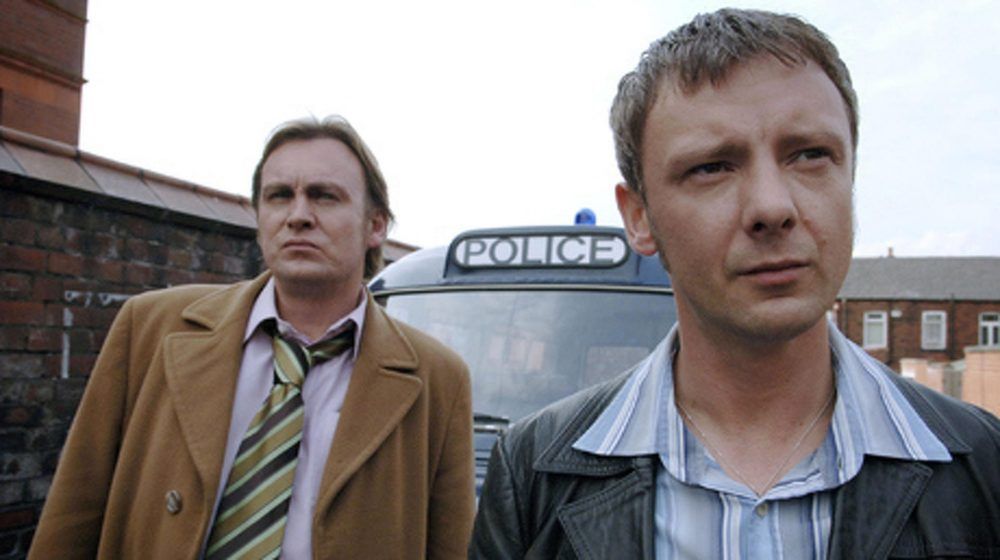
Life On Mars was a short-lived sci-fi show that appeared on the BBC from 2006-2007. It was a cerebral show that constantly kept the viewer and its main character, Sam Tyler ( John Simm) in a constant state of questioning whether the world of 1973 was real or fantasy.
While this takes sci-fi on a standard procedural route, what truly pulls you in John Simm's performance as Sam Tyler. His anguish in not knowing where he is or even who he is is beyond palpable. He doesn't overdo the frustration but rather plays it subtly; a choice that lures the audience in and keeps them begging for answers.
2 The 4400 Explores Gifted People and Their Glorious Purpose
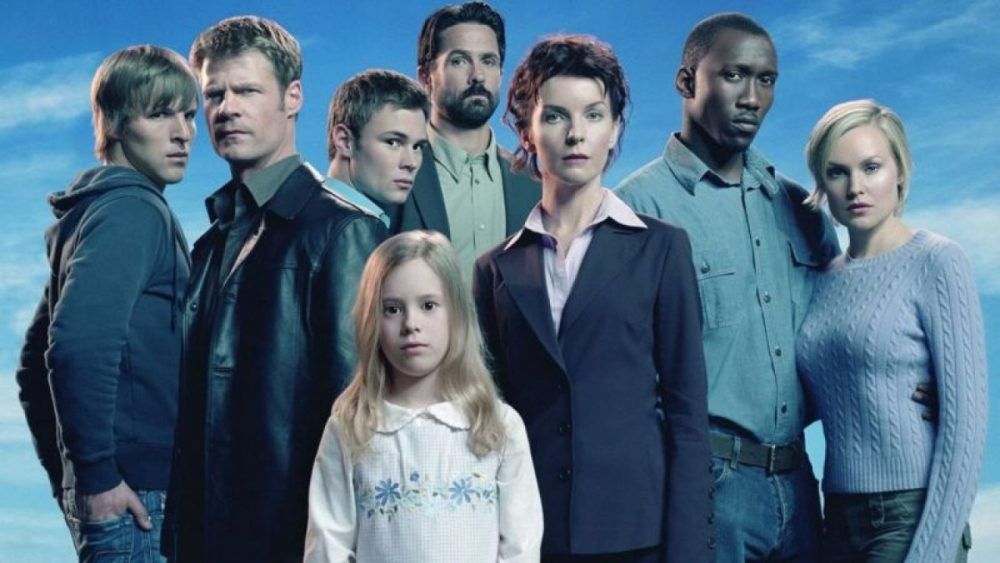
In July of 2004, the world was introduced to The 4400. An underrated sci-fi show on the USA Network that revolved around a ball of light appearing on the coast of the Pacific Northwest and in a flash, 4400 people are left stranded without any memory of how they got there. The catch? They all are from different points in the time.
Full of twists and turns, The 4400 follows two government agents as they attempt to figure out why these people were abducted, who took them and how did they come to have the seemingly supernatural powers that they do. It's a delightful show that was better than the sum of its parts and will surely be an instant classic to the Loki fans out there.
1 Awake Plays With Different Realities
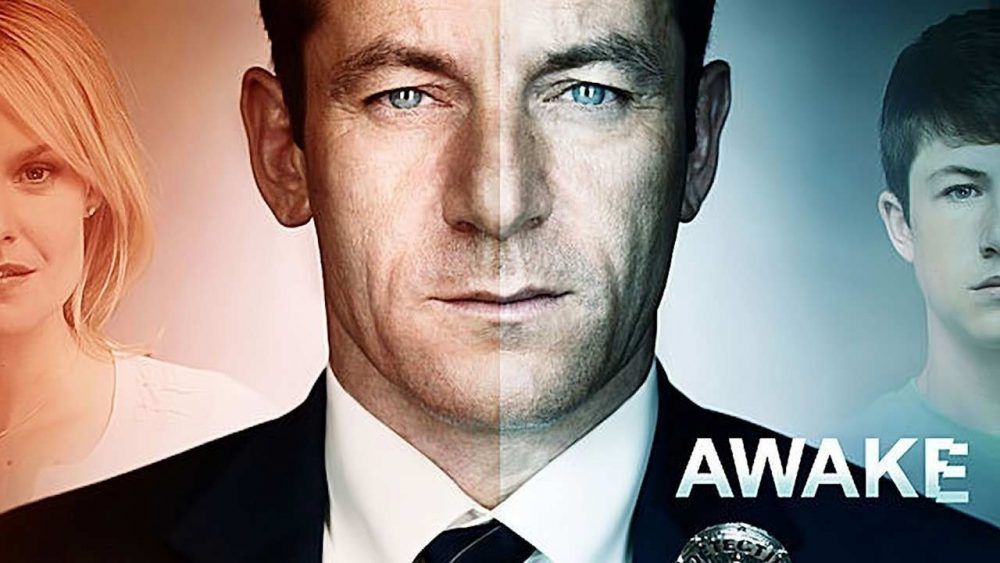
Imagine not knowing if you're in a dream or if your dream is your reality. Awake was short-lived in 2012 having been unceremoniously canceled after its first season. Audiences followed Michael Britten (Jason Isaacs) a man who was in a horrible car crash but living in two different realities. In one reality his son perished and his wife lived, while in the other it was his son who survived the crash. It was a mind-bending show that kept audiences guessing as to which reality was real.
With its clever use of color tone (Orange for his wife's reality and green for his son's), Awake attempted to tell a high-level concept in a primetime time slot. While it ends on more of a cliffhanger than one would care for, it certainly is worth the ride.
0 Comments